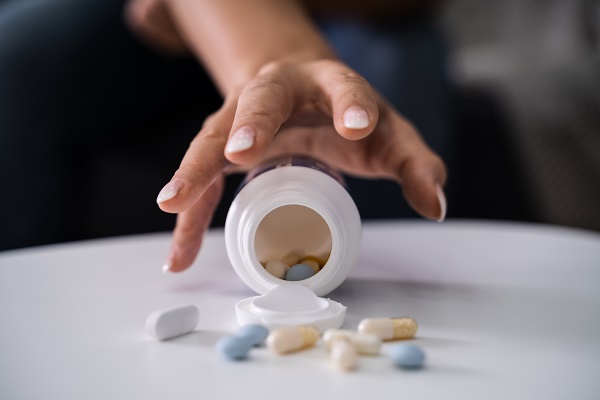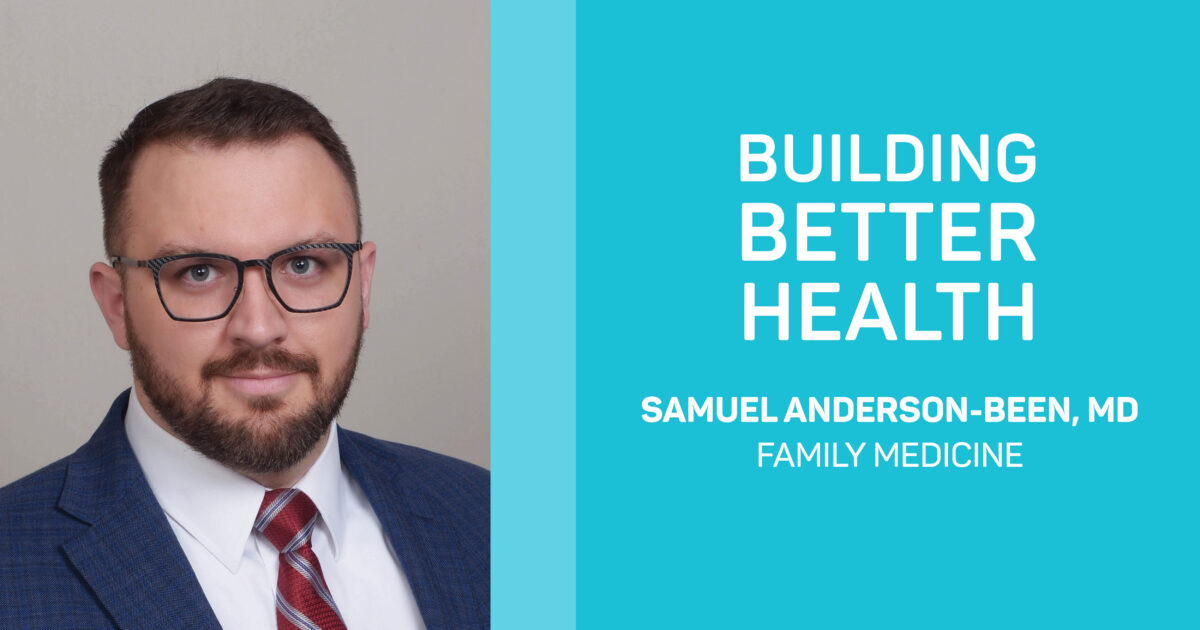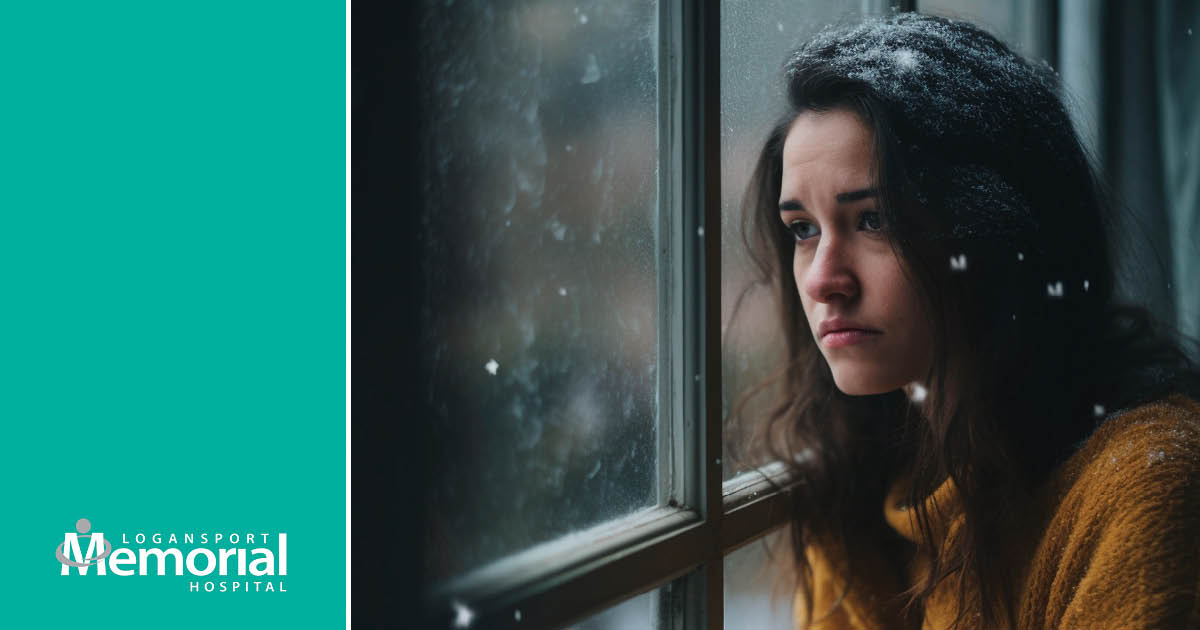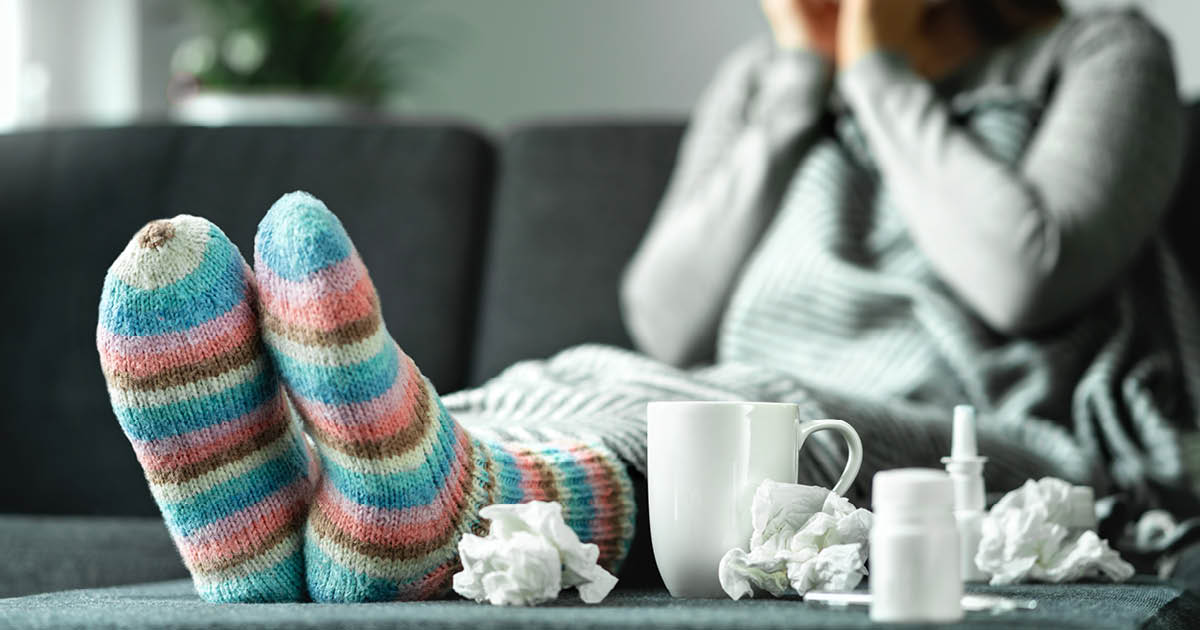According to the Addiction Center, almost 21 million Americans have at least one addiction, yet only 10% of them receive treatment of any kind. About 20% to 30% of people who take prescription opioids misuse them and about 10% of people who misuse prescription opioids become addicted to them. At Logansport Memorial Hospital, our Family Medicine providers and MAT Program are here to help.

Getting help for addiction
Addiction to anything is a serious and potentially life-threatening problem, especially an addiction to opioids. If addiction is left untreated, it could stop your life in its tracks and the lives of those around you who care most — family, friends, etc. Fortunately, there are treatment options available to those suffering from addiction, including the Medication Assisted Treatment (MAT) Program at Logansport Memorial Hospital.
FAQS about the MAT Program
What is the MAT Program?
The Medication Assisted Treatment (MAT) Program at LMH is designed to help individuals who struggle with substance use disorder recover their lives. The program consists of four phases, with each phase utilizing medication and counseling, with intense counseling through Four County Counseling Center throughout Phase One.
Who needs to make a referral for an individual to receive MAT services?
No referral is needed for the MAT Program. Individuals or family and friends of an individual suffering from addiction can call (574) 725-3468 to enroll in the program.
Can I enroll in the MAT Program without insurance or limited coverage?
Yes. Individuals who are uninsured or under-insured will still be able to participate in the MAT Program. An appointment will need to be scheduled with our Financial Counselor to discuss and create a payment plan for the individual’s services.
Where do I go for treatment and what are the hours?
The MAT Program operates out of the LMPN Family Medicine office. It is located in Medical Office Building West at 1201 Michigan Avenue, Suite 270 in Logansport, IN. Office hours are Monday-Friday from 8 am to 4:30 pm.
Who are the providers and staff I will be seeing throughout the program?
LMH’s MAT Program is overseen by Dr. Robert McKissick, Dr. Viktor Hinov, Stacie Stutzman, NP, and Meg Murray, LCSW, with Stephanie Roller, RN, and Kaycee Gieras, LPN serving as the nursing staff. Limiting the staff involved with this program helps build relationships with enrolled individuals throughout their treatment.
How is medication used in the MAT Program?
The providers at Logansport Memorial Hospital will administer a combination of medications customized to be the most effective treatment for an individual’s opioid addiction throughout the program. The medications used can only be prescribed by certified medical providers and may only be dispensed at specially licensed treatment centers, like this one. Using medications is one of the most effective ways to manage opioid addiction. It does not replace one drug for another; instead, it provides a safe, controlled level of medication to overcome the use of the problem opioid.
What do I do if I need to reschedule an appointment or am running late?
If you have issues with keeping your scheduled appointment, please call the Family Medicine office phone at (574) 722-4921. A strict attendance policy for keeping appointments will be enforced to maximize the accountability and support given to enrolled individuals in the program.
- If you need to cancel your appointment, please do so at least 4 hours prior to your appointment time by calling the Family Medicine office phone number.
- If you do not keep your appointment, your medication refill will not be sent to the pharmacy until you are seen by one of the MAT Program medical providers.
- Showing up more than 15 minutes late without calling in advance counts as a “no-show” appointment.
- Per office policy, if you are a “no-show” for three appointments in a 12-month time period, you will be discharged from the practice.
For more information, download our brochure.
You might also like:
- The importance of Family Medicine doctors
- Medication assisted treatment for opioid addiction
- Don’t ignore these common symptoms of alcohol use disorder




